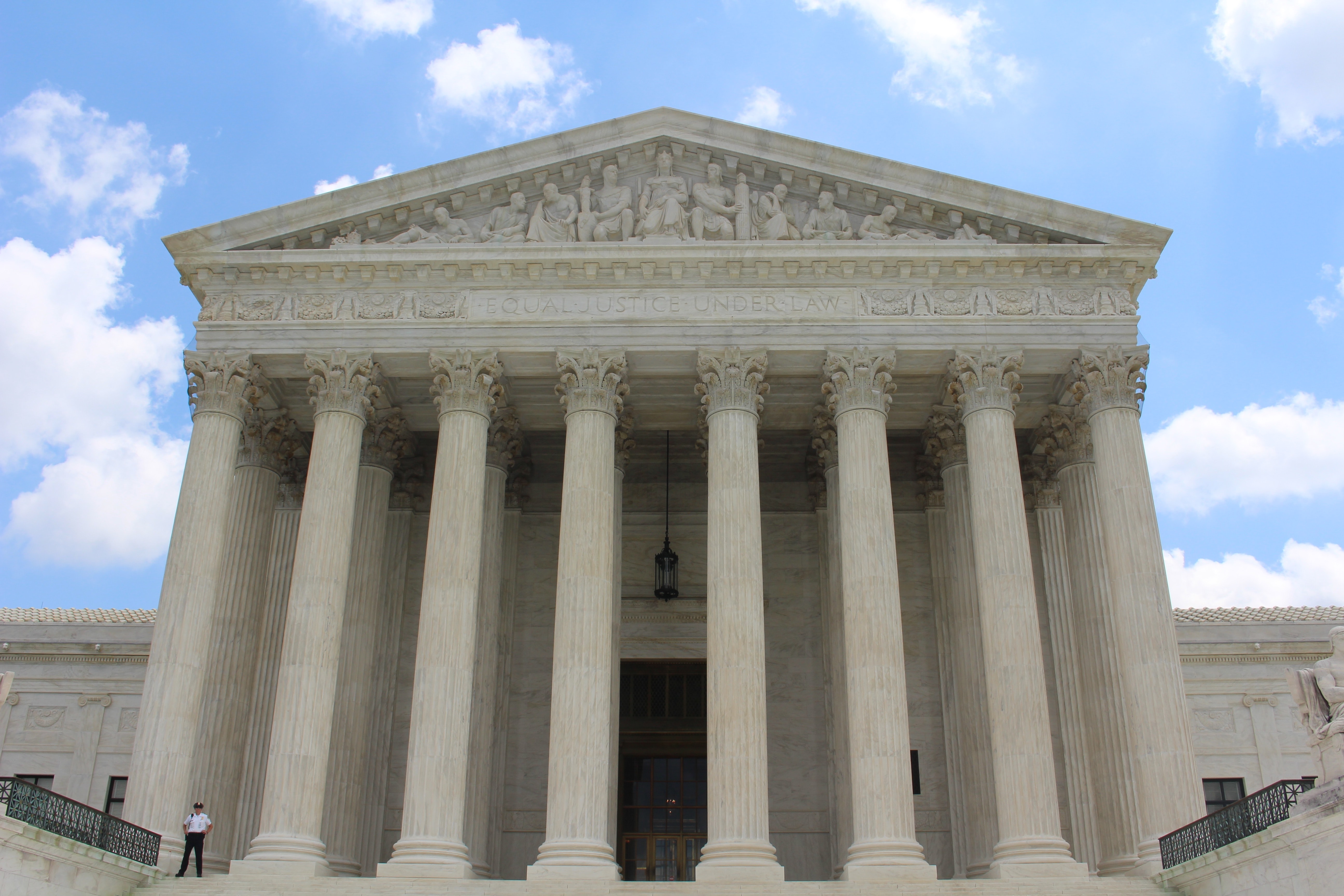Supreme Court Justice Highlights Inconsistency of U.S. Cannabis Laws

By Lauren Mendelsohn
June 29, 2021
On June 28, 2021, the United States Supreme Court declined to take up the issue of tax treatment of cannabis businesses in Standing Akimbo, LLC, et al. v. United States, 594 U.S. __ (2021), which had come before the Supreme Court on a petition for writ of certiorari. Justice Clarence Thomas, a conservative member of the Court, penned the official statement explaining why the Court declined to hear the case.
In his statement, Justice Thomas suggested that federal cannabis laws are outdated and may be due for revision given the changes at the state levels over the past fifteen years since Gonzalez v. Raich, 545 U.S. 1 (2005), in which the Supreme Court decided that the federal government could regulate wholly-intrastate activity involving medical cannabis because they found it impacted interstate commerce:
“Whatever the merits of Raich when it was decided, federal policies of the past 16 years have greatly undermined its reasoning. Once comprehensive, the Federal Government’s current approach is a half-in, half-out regime that simultaneously tolerates and forbids local use of marijuana. This contradictory and unstable state of affairs strains basic principles of federalism and conceals traps for the unwary.”
Justice Thomas proceeded to provide examples of the contradictory federal policies regarding cannabis, such as the issuance of the “Cole Memorandums” and Congress prohibiting the Department of Justice from “spending funds to prevent states’ implementation of their own medical marijuana laws.” United States v. McIntosh, 833 F. 3d 1163, 1168, 1175–1177 (CA9 2016). He also pointed out the absurdity of the laws that turn a medical cannabis user into a felon simply for possessing a firearm, that prevent businesses in this sector from being able to adequately secure themselves against burglars, that force the industry to operate largely on a cash basis due to the difficulty of accessing banking services, and other illogical consequences of the federal government’s “contradictory” approach on this issue.
Justice Thomas continued:
“I could go on. Suffice it to say, the Federal Government’s current approach to marijuana bears little resemblance to the watertight nationwide prohibition that a closely divided Court found necessary to justify the Government’s blanket prohibition in Raich. If the Government is now content to allow States to act “as laboratories” “‘and try novel social and economic experiments,’” Raich, 545 U. S., at 42 (O’Connor, J., dissenting), then it might no longer have authority to intrude on “[t]he States’ core police powers . . . to define criminal law and to protect the health, safety, and welfare of their citizens.” Ibid. A prohibition on intrastate use or cultivation of marijuana may no longer be necessary or proper to support the Federal Government’s piecemeal approach.”
The significance of this last sentence cannot be overlooked. One of the most conservative Justices on the bench has, on behalf of the entire Court, implied that federal cannabis prohibition in practice unconstitutionally infringes on the police power of the States. While this statement and the Court’s refusal to hear Akimbo won’t have an immediate impact on the law or other parties, it could help set the stage for federal reform efforts, which are already ramping up (for example, see here and here for our recent coverage of the 2021 MORE Act, which would legalize cannabis nationwide).
This is a developing story; stay tuned to our blog for future cannabis policy updates.
This information is provided as a public educational service and is not intended as legal advice. For specific questions regarding federal or California cannabis, hemp, or psychedelic laws, please contact the Law Offices of Omar Figueroa at 707-829-0215 or info@omarfigueroa.com.
